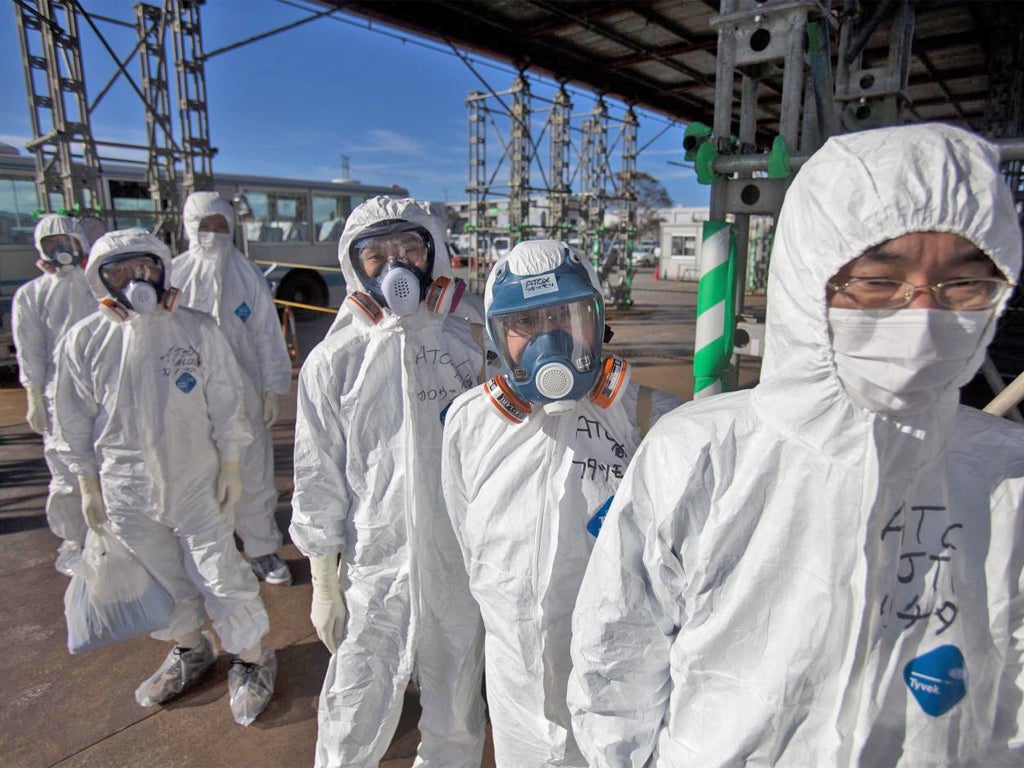Japanese newspaper Asahi Shimbun apologises over false stories on Fukushima and World War Two sex slaves
Both stories originated from false information

Your support helps us to tell the story
From reproductive rights to climate change to Big Tech, The Independent is on the ground when the story is developing. Whether it's investigating the financials of Elon Musk's pro-Trump PAC or producing our latest documentary, 'The A Word', which shines a light on the American women fighting for reproductive rights, we know how important it is to parse out the facts from the messaging.
At such a critical moment in US history, we need reporters on the ground. Your donation allows us to keep sending journalists to speak to both sides of the story.
The Independent is trusted by Americans across the entire political spectrum. And unlike many other quality news outlets, we choose not to lock Americans out of our reporting and analysis with paywalls. We believe quality journalism should be available to everyone, paid for by those who can afford it.
Your support makes all the difference.A leading Japanese daily newspaper has been forced into a series of embarrassing admissions over errors it published on the country’s Fukushima nuclear disaster and the use of sex slaves by Japanese troops during the Second World War.
The revelations are set to send shock-waves through the newspaper, the Asahi Shimbun, the Guardian reported, with the dismissal of staff and reprimands promised by executive editor Nobuyuki Sugiura in the aftermath of the scandal.
The controversy arose over an article published in May, which claimed 650 workers for Tepco at Fukushima Daiichi had returned to the nuclear power plant, just days into the 2011 Fukushima crisis, in an attempt to regain control of the facilities' reactors, against the orders of their then manager.
The workers, according to the to the Asahi, then fled to the nearby Fukushima Daini three days after the earthquake and tsunami which caused the incident, as conditions inside one of the reactors reached dangerous levels.
It has subsequently emerged that this information was based on false leaks from a Japanese government inquiry into Fukushima.
The Asahi's president, Tadakazu Kimura, has said that an internal investigation had found the article to be incorrect. “We have caused significant damage to the trust our readers place in us,” he was quoted by the Guardian as saying.
The newspaper also divulged that a number of articles it printed during the 80s and 90s on the use of sex slaves by Japanese personnel in military brothels during the Second World War were also based on false testimony.
The articles were drawn from interviews with veteran Seiji Yoshida who claimed he had seen women from the South Korean island of Jeju being abducted to work as sex slaves, now widely discredited.
“I apologise to readers for publishing the erroneous articles and being too late in making the correction,” Mr Kimura was quoted as saying yesterday.
Join our commenting forum
Join thought-provoking conversations, follow other Independent readers and see their replies
Comments